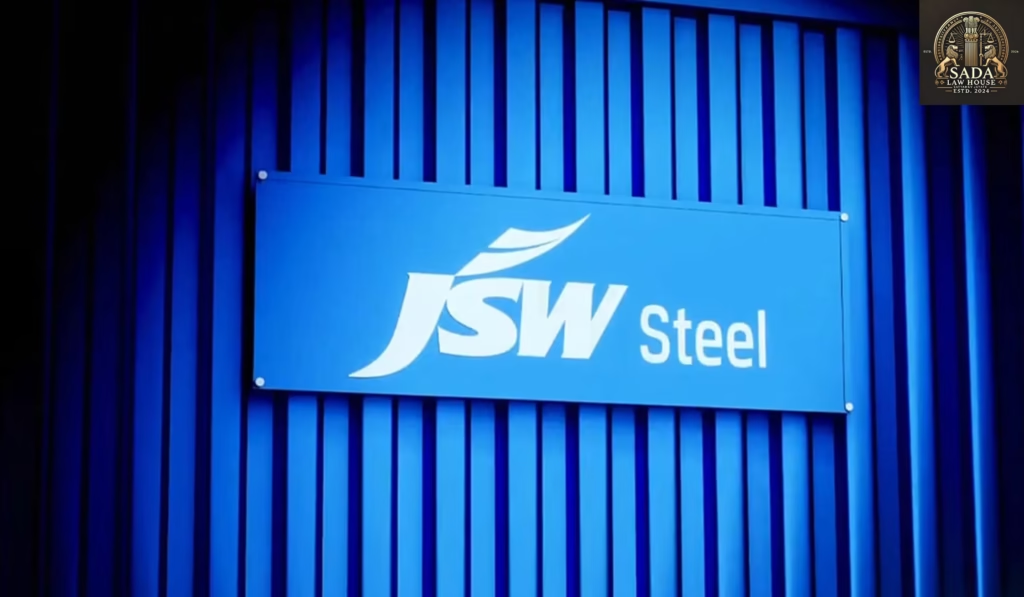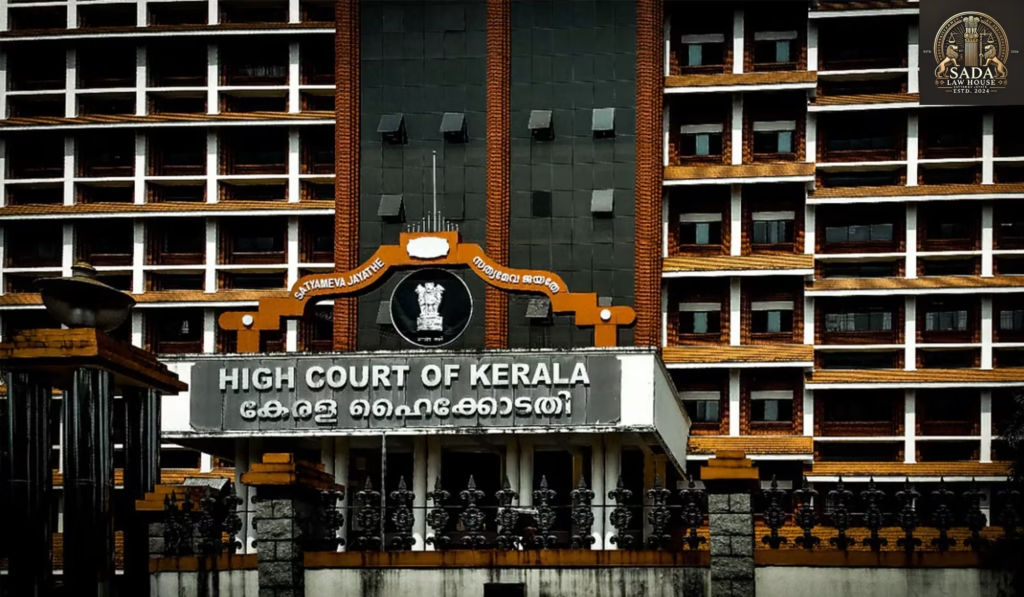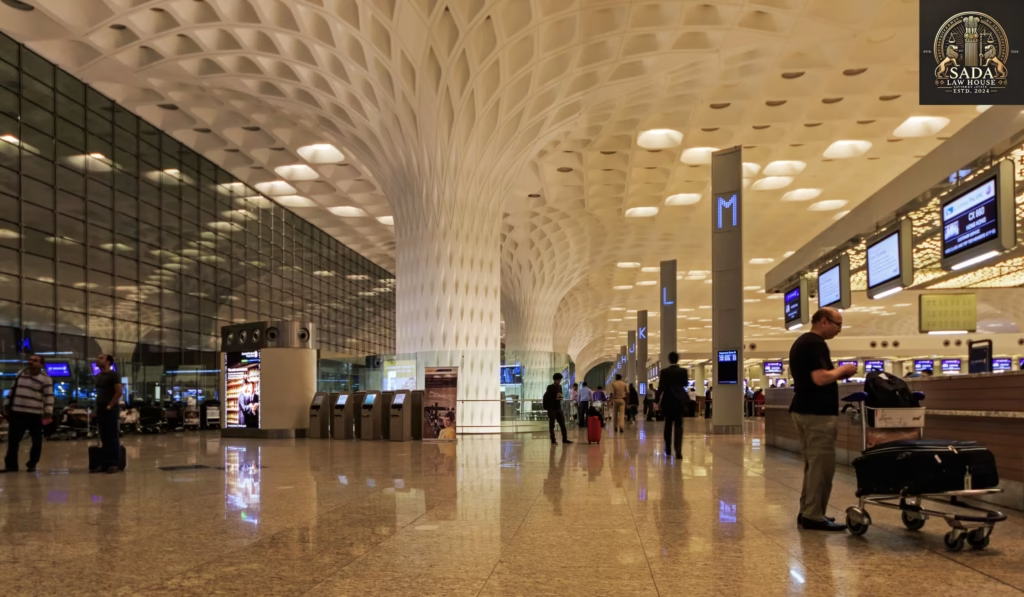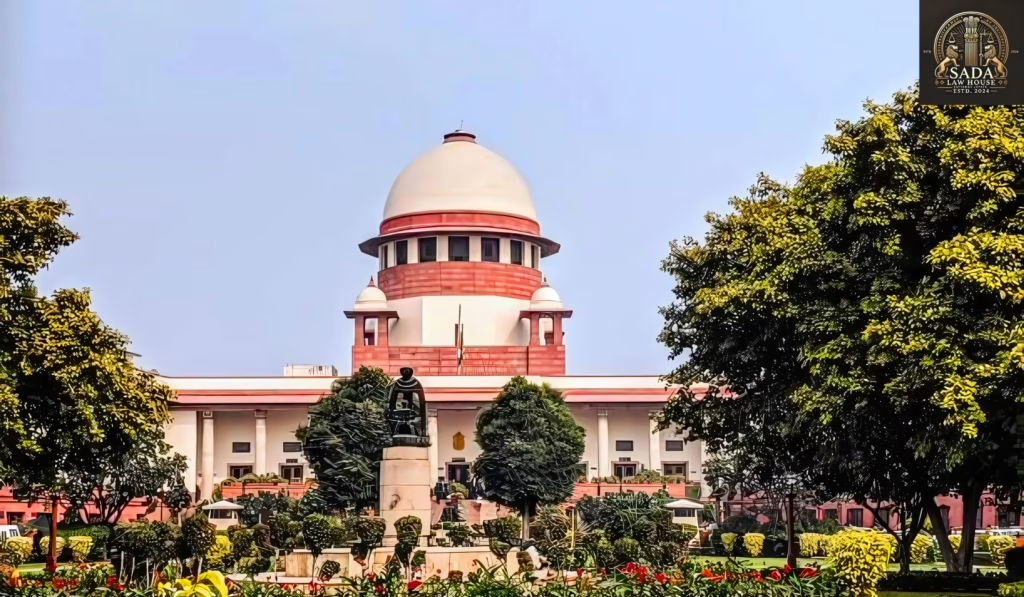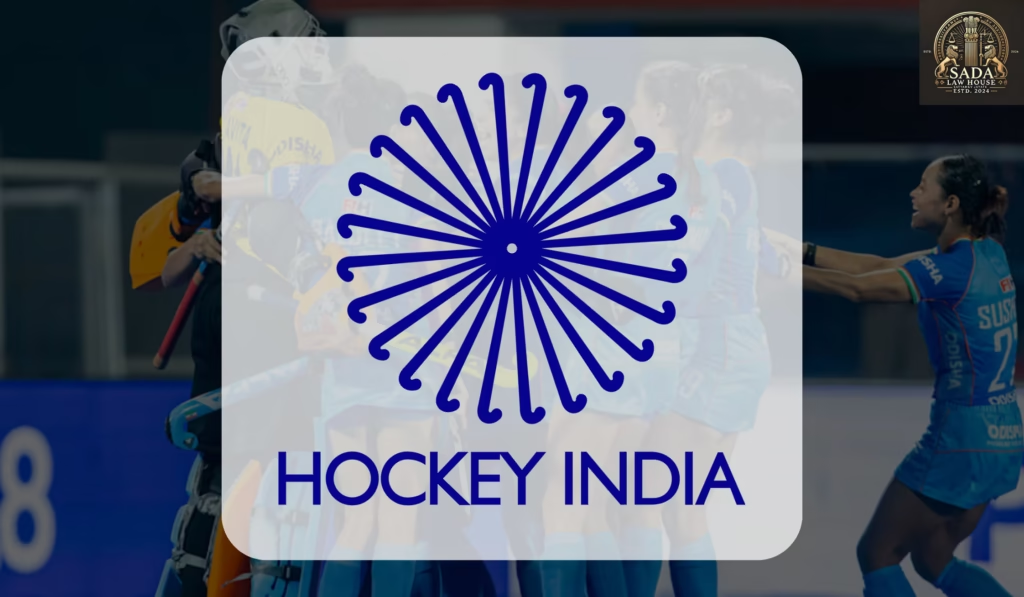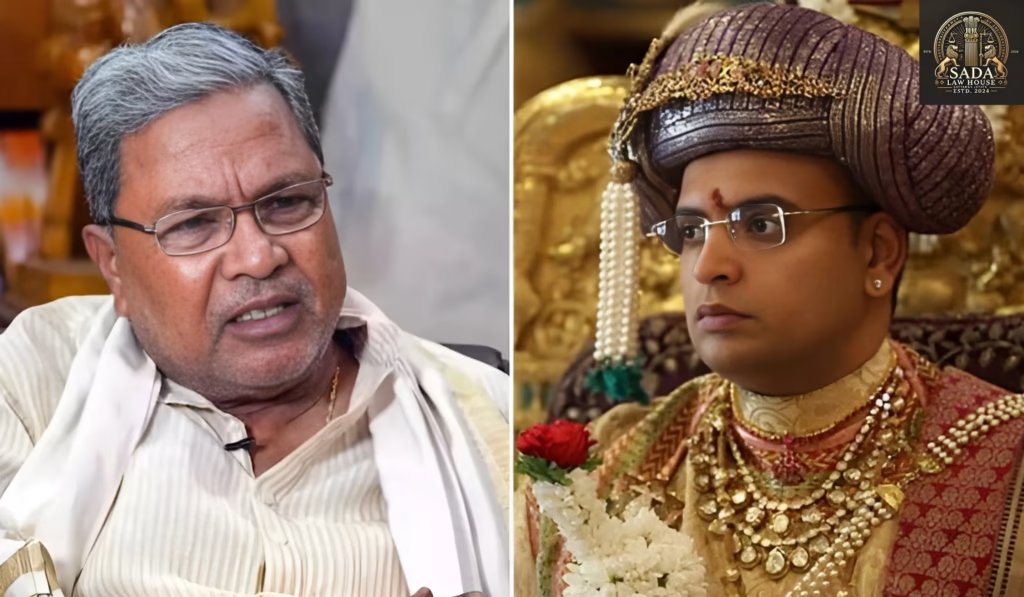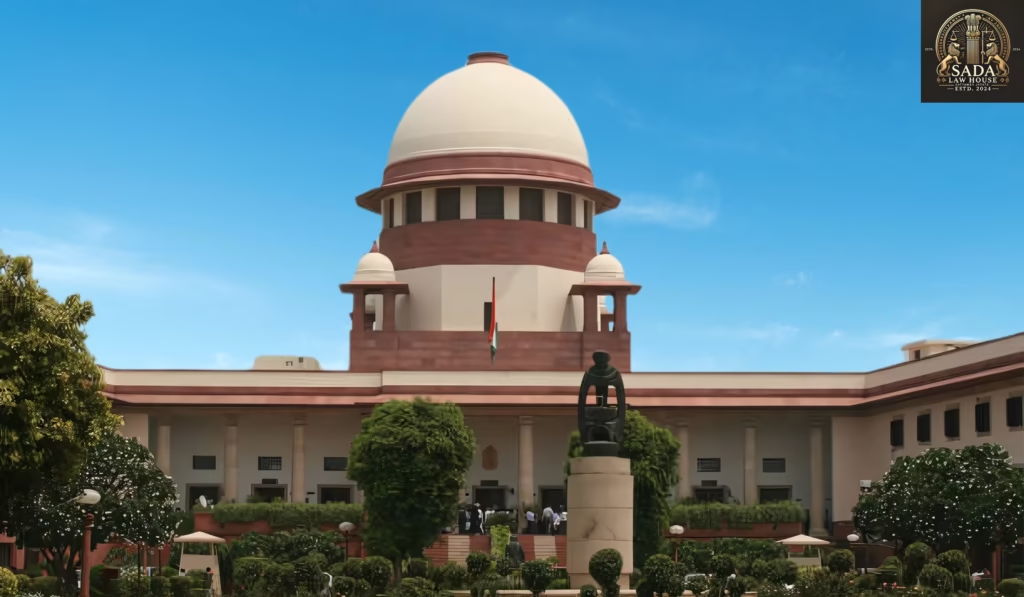Supreme Court Halts BPSL Liquidation to Allow JSW Steel Review Petition
Trending Today Supreme Court Halts BPSL Liquidation to Allow JSW Steel Review Petition Kerala High Court Seeks State’s Reply on ED Officer’s Bail in ₹2 Crore Bribery Case Bombay High Court Halts Mumbai Airport’s Bid to Replace Turkish Ground Handler Celebi Amid Security Clearance Dispute Supreme Court Allows Prosecution to Submit Omitted Evidence After Chargesheet Under Certain Conditions Supreme Court Upholds ‘One-State-One-Unit’ Policy, Dismisses Vidarbha Hockey Association’s Membership Plea Karnataka to Challenge Rs 3,011 Crore TDR Compensation to Mysuru Royal Family in Supreme Court Can Lokayukta Challenge Administrative Tribunal Rulings? Supreme Court Leaves Legal Question Open JOB OPPORTUNITY AT COGNYTE, GURUGRAM LEGAL JOB OPPORTUNITY AT ADV CHAND CHOPRA LEGAL JOB OPPORTUNITY AT NLU DELHI Supreme Court Halts BPSL Liquidation to Allow JSW Steel Review Petition Prabhat Kumar biltoria 27 May 2025 The Supreme Court of India has directed the maintenance of status quo on the liquidation proceedings of Bhushan Steel & Power Ltd (BPSL), giving JSW Steel an opportunity to submit a review petition. This development comes after JSW Steel’s resolution plan for BPSL was rejected by the Supreme Court on May 2, 2025. Supreme Court’s Order on Bhushan Steel Liquidation A bench comprising Justices BV Nagarathna and Satish Sharma issued the order, emphasizing fairness and justice. The court noted that advancing the liquidation process before JSW Steel files a review petition could jeopardize their legal rights. Therefore, the Supreme Court halted the liquidation proceedings before the National Company Law Tribunal (NCLT), allowing JSW Steel time to challenge the earlier ruling. JSW Steel’s Legal Position and Timeline Senior advocate Neeraj Kishan Kaul, representing JSW Steel, highlighted that the NCLT had initiated the appointment of a liquidator even before the deadline for submitting JSW’s review petition, set for June 2, 2025. Kaul stressed that the case is complex and requires careful examination since the resolution plan was proposed four years ago and the company remains profitable. The NCLT is scheduled to hear the matter shortly, with the Supreme Court’s status quo order aimed at preventing further complications if a liquidator is appointed prematurely. Insights from the Solicitor General and Other Legal Representatives Indian Solicitor General Tushar Mehta proposed postponing proceedings until June 10, 2025, to accommodate the Committee of Creditors (CoC) and all parties involved. Justice Nagarathna noted that review petitions typically aren’t considered during judicial vacations, underlining procedural challenges. Mehta also criticized past financial irregularities tied to the case, pointing to complications involving foreign banks and prior fund misappropriations. Meanwhile, Sanjay Singhal, former promoter of BPSL, faced scrutiny over alleged malpractices, with his legal team opposing JSW Steel’s petition. Supreme Court’s Clarification on Review Petition and Status Quo Justice Nagarathna clarified that the court’s status quo order does not comment on the merits of the case but solely serves justice and procedural fairness. JSW Steel committed to filing its review petition within the stipulated legal timeframe. The Supreme Court emphasized maintaining the current state of liquidation proceedings before the NCLT to avoid further legal conflicts. Background: JSW Steel’s Rejected Resolution Plan JSW Steel’s ₹19,700 crore resolution plan for BPSL was rejected by the Supreme Court for violating Sections 30(2) and 31(2) of the Insolvency and Bankruptcy Code (IBC). Justices Bela M. Trivedi and Satish Chandra Sharma ruled that the Committee of Creditors (CoC) acted unlawfully by approving the plan. Following this, the Supreme Court ordered the liquidation of Bhushan Steel under Section 33 of the IBC. Sanjay Singhal petitioned the Delhi NCLT to implement the liquidation, urging the tribunal to enforce the Supreme Court’s decision fully. Conclusion: What’s Next for Bhushan Steel and JSW Steel? The Supreme Court’s order to maintain status quo temporarily halts Bhushan Steel’s liquidation, offering JSW Steel a vital window to submit a review petition. This ongoing legal battle highlights significant aspects of India’s insolvency process and the enforcement of the Insolvency and Bankruptcy Code. The outcome of this case will have far-reaching implications for stakeholders, creditors, and the Indian steel industry. Leave a Reply Cancel Reply Logged in as Sada Law. Edit your profile. Log out? Required fields are marked * Message* Case Laws Supreme Court Rules Cheque Dishonour Is Not a Continuing Cause for Arbitration Under Section 138 NI Act Supreme Court Rules Cheque Dishonour Is Not a Continuing Cause for Arbitration Under Section 138 NI Act Sada Law • May 25, 2025 • Case law • No Comments Supreme Court Urges Compounding in Cheque Bounce Cases: M/S New Win Export vs A. Subramaniam (2024) Supreme Court Urges Compounding in Cheque Bounce Cases: M/S New Win Export vs A. Subramaniam (2024) Sada Law • May 25, 2025 • Case law • No Comments Supreme Court Quashes FIR Against Professor for WhatsApp Status on Article 370 and Pakistan Independence Day Supreme Court Quashes FIR Against Professor for WhatsApp Status on Article 370 and Pakistan Independence Day Sada Law • May 25, 2025 • Case law • No Comments 1 2 3 … 5 Next »
Supreme Court Halts BPSL Liquidation to Allow JSW Steel Review Petition Read More »

